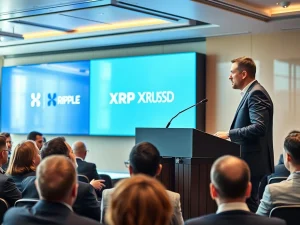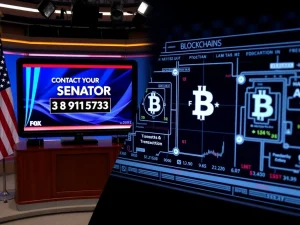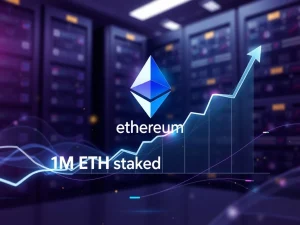SEC Crypto Regulation Breakthrough: How 2025’s Framework is Revolutionizing Institutional Access to Digital Assets

The U.S. Securities and Exchange Commission (SEC) has finally cracked the code on crypto regulation. In 2025, their groundbreaking framework is removing barriers for institutional investors, paving the way for mainstream adoption of Bitcoin ETFs, tokenized securities, and more. Here’s what you need to know.
How SEC Crypto Regulation is Changing the Game
The SEC’s 2025 reforms address three critical pain points for institutional crypto investment:
- Clear disclosure requirements for crypto ETPs mirroring traditional securities standards
- In-kind creation/redemption models reducing Bitcoin ETF costs by 30%
- Tokenization guidelines under the Genius Act enabling real-world asset digitization
Institutional Crypto Goes Mainstream: The Numbers
| Metric | Q1 2025 Performance |
|---|---|
| Bitcoin ETF inflows | $4.5 billion |
| BlackRock’s IBIT holdings | 580,430 BTC |
| Stablecoin ETP adoption | Up 47% YoY |
Tokenized Securities: The Next Frontier
The SEC’s clarity on digital asset classification has unleashed a wave of innovation:
- Real estate tokenization projects up 300% since guidelines
- Major banks now offering crypto custody services
- Stablecoins approved for institutional settlement
Actionable Insights for Crypto Investors
To capitalize on these developments:
- Prioritize ETPs with transparent custody solutions
- Diversify with tokenized asset exposure
- Utilize stablecoin instruments for volatility hedging
FAQs: SEC’s 2025 Crypto Framework
Q: How does the in-kind model benefit Bitcoin ETFs?
A: It allows direct exchange of BTC for shares, reducing costs and improving liquidity.
Q: What does the Genius Act mean for stablecoins?
A: It creates federal oversight allowing institutional use for trading and settlement.
Q: Are all crypto ETPs performing equally?
A: No, larger funds like BlackRock’s IBIT dominate while smaller players struggle.
Q: How does tokenization help traditional investors?
A: It brings real-world assets like real estate onto blockchain with proper regulation.










